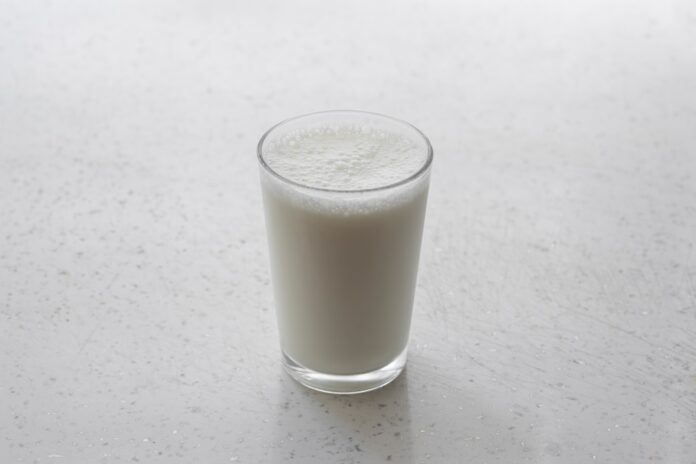Strong bones, healthy muscles, and proper nerve function these are just some of the benefits of ensuring your child gets enough calcium. This essential mineral plays a critical role in their growth and development. In this article, we’ll shed some light on everything you need to know about calcium supplements for kids and natural sources, including recommended daily intake, delicious food sources, and when supplementation might be necessary.
Bone Health and Development
Calcium is the building block for strong bones and teeth. During childhood and adolescence, the body uses calcium to build bone density, which is crucial for preventing fractures and osteoporosis later in life. A sufficient calcium intake during these formative years ensures that children develop a robust skeletal structure.
Muscle Function and Nerve Transmission
Calcium plays a vital role in muscle contraction and relaxation. It also helps transmit nerve impulses, making it essential for overall muscular and neurological function. Without adequate calcium, children may experience muscle cramps, spasms, or even more severe neuromuscular issues.
Hormonal Secretion and Blood Clotting
Calcium is involved in the secretion of hormones and enzymes that are essential for various bodily functions. It also aids in blood clotting, which is crucial for wound healing and preventing excessive bleeding.
How Much Calcium Does Your Child Need?
Recommended Daily Intake
The question that has to be asked is: how much calcium per day is required. The amount a child needs varies by age. According to the NHS, the recommended daily intake is:
1-3 years: 350 mg per day
4-6 years: 450 mg per day
7-10 years: 550 mg per day
11-18 years (boys): 1000 mg per day
11-18 years (girls): 800 mg per day
Meeting Daily Calcium Requirements
Ensuring that your child meets their daily calcium needs involves providing a balanced diet rich in calcium. Dairy products are well-known sources, but there are also many non-dairy options available. Inadequate intake of this mineral can lead to calcium deficiency and, in the long term, chronic health problems.
Delicious Sources of Calcium
There are many sources of calcium milk is the obvious one, but it is highly advisable to explore a variety of kid-friendly choices:
Dairy delights a glass of milk (around 300 mg calcium) is a classic, but don’t forget cheese (especially hard varieties) and yogurt, which can be even higher in calcium when fortified.
Veggie-power leafy greens like kale and broccoli are surprisingly good sources of calcium.
Fortified fun many cereals, juices, and plant-based milks (almond, soy, rice) are fortified with calcium, offering a delicious and convenient boost.
Snack time superstars almonds, tofu, figs, and oranges are all tasty and calcium-rich options for on-the-go or after-school munching.
Types of Calcium Supplements

There are various forms of calcium supplements available: calcium carbonate a common and cost-effective form, best taken with food and calcium citrate supplements easier to absorb and can be taken with or without food. Ideal for children with digestive issues.
Ensuring your child gets enough calcium is vital for their overall health and development. A balanced diet rich in both dairy and non-dairy sources of calcium can help meet their daily requirements. In cases where dietary intake is insufficient, calcium tablets can be considered. Always prioritise a varied diet and consult with healthcare professionals to tailor the best approach for your child’s needs. Check out the Nutrigold.co.uk shop and choose the best solution for your children!









 in London.
in London.